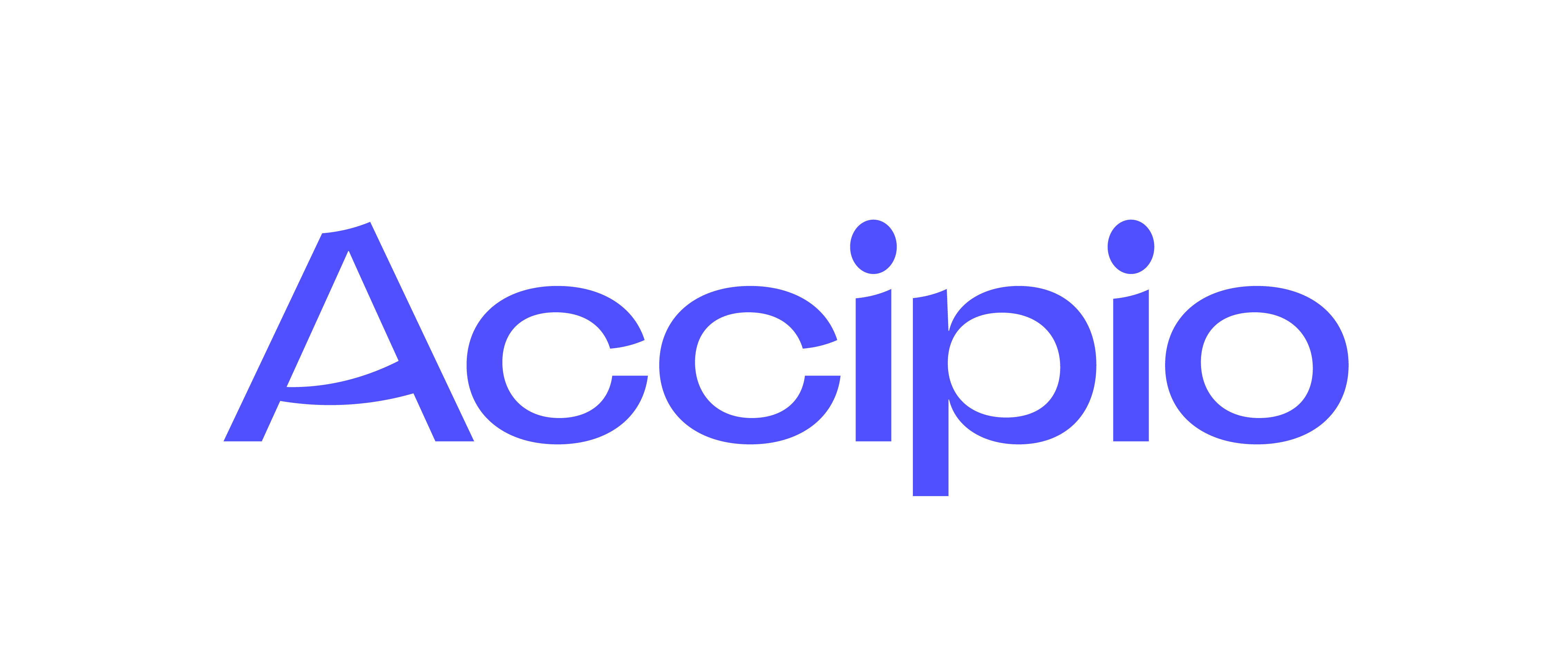14 Apr Contracting With Clients
The initial meeting with a new coaching client can be unnerving especially for the new coach, wanting to be professional as possible and trying to remember all the elements they need to do.
The first session with a client isn’t usually a coaching session, though during it the coach might use some good questions to gather information. The first session will be about further understanding the coaching need and overall goal. In this meeting the learners line manager might initially be present jointly exploring the development need, and also you taking the opportunity to share what you will and won’t share with the line manager.
‘Contracting’ sounds rather formal, but within this formality it provides a simple framework in how the coaching will work between the learner and coach. It reflects the importance of the process to both enrich the learning and provide clarity of roles responsibilities, areas of discussion, how coaching will work and also a degree of security for both learner and coach. Effort placed at this stage provides a good foundation for the start of the relationship; as such contracting need to be thorough in its content:
- Agreement on what coaching is – an ideal opportunity to share with the learner about coaching so that they full appreciate what it is and how it works. This will require you to be able to lucidly define coaching for them.
- Your approach to coaching – no two coaches have the same approach, language or ideas. Explaining to them your particular coaching style and tools will begin to fill in some of the gaps they may have. Clarity on questioning versus the provision of solutions in the process also needs to be understood.
- Commitment requirements – being explicit on time and duration of coaching, sticking to agreed dates, doing ‘homework’ that may have been agreed, providing and gaining feedback, reflecting on coaching discussions and practicing new skills.
- Practicalities – where, when and how frequent will the coaching be? A set time and date or variable? How much face to face? Need for telephone conversations or Skype? Geographical issues? Them finding a coaching A4 note pad. Getting their minds ready for coaching sessions. Not bringing mobiles or other work into the coaching environment. Fixing the date in their outlook so that no other meeting can take precedence.
- Opportunities – part of the process is looking to make them aware of the opportunities for them that coaching offers, the successes that can be achieved for them if they are an active part of the process. Need to be mindful of not setting expectations too high
- Formalities – the coaching relationship needs to be honest and open, however as coach you have a responsibility to yourself, the client, the company and the law. There is a need to be explicit in sharing what happens if they share information that is either against company policy or illegal – your duties. Also, that you have duty of care to them if they talk about areas which might be detrimental or harmful to them.
- Limits of coaching – the client may well share symptoms or causes of issues that are of a personal nature or suggest the need that more professional support might be required or appropriate. Important to raise this and likely approaches in case it does surface. You are not a counsellor or professional in medical fields so need to recognise your boundaries and limitations.
- Ending the relationship – creating an acknowledgment that coaching is a short term development tool and approach that is isn’t a long term crutch or dependency. There may well be personality or style differences and the learner may prefer to work with someone else, or you recognise that there might be another coach who can support them in a better or different capacity. Stating that it is ok to bring the relationship to a close, as long as it is done for the right reasons and it is discussed, rather than just abandoned or there is no communication.
It is the coach’s role to lead on this contracting discussion but encouraging the thoughts and input of the learner, ensuring they know what they are engaging with.
Some coaches will create a formalised written contract which is explicit in its language, detailing all the above. Both parties then sign up to this. This is more symbolic than anything else, but it does create a tangible record of what has been agreed.
Mentoring relationships may well be contracted, perhaps to a lesser extent that coaching. There still needs to be ground rules and agreements, recognising the differences in the two, how it will work and the responsibilities of both parties. The areas covered above can still be used as a framework to the discussions.
Developing your contracting skills
- Consider what your natural approach would be to contracting – verbally or written?
- Create a checklist of what you would want to cover in your contracting – perhaps do internet research first to make it more robust?
- Is there an approach to contracting in your organisation? How will you utilise this?

